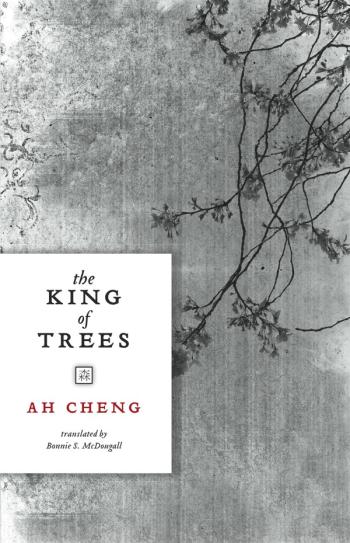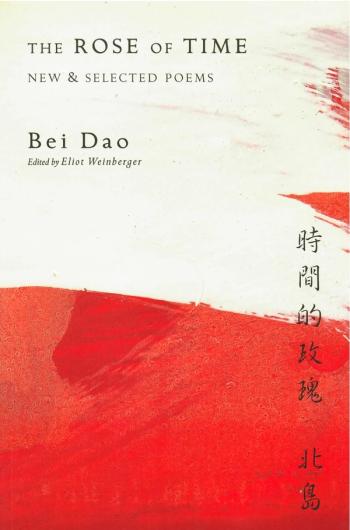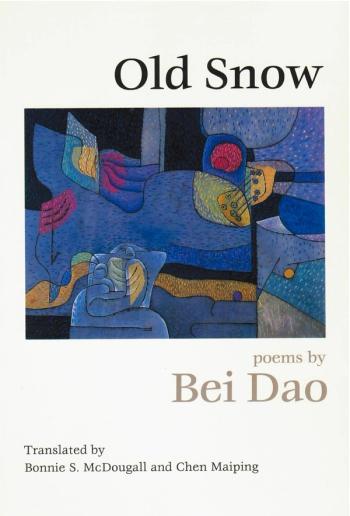Bonnie S. MacDougall
Bonnie S. McDougall is Visiting Professor of Chinese at the University of Sydney and Professor Emeritus at the University of Edinburgh. She has also taught at Harvard University, the University of Oslo, the Chinese University of Hong Kong, and the City University of Hong Kong. She has spent long periods in teaching, translating, and researching in China, and has written extensively on modern Chinese literature. Her translations include poetry, fiction, drama, essays, and film scripts by Bei Dao, Ah Cheng, Gu Cheng, Chen Kaige, Wang Anyi, Lu Xun, Mao Zedong, Yu Dafu, He Qifang, Ding Xilin, Xi Xi, Leung Ping-kwan, and Dung Kai-cheung. Recent books include Love-letters and Privacy in Modern China: The Intimate Lives of Lu Xun and Xu Guangping (Oxford University Press, 2002), Fictional Authors, Imaginary Audiences: Modern Chinese Literature in the Twentieth Century (Chinese University Press, 2003) and Translation Zones in Modern China: Authoritarian Command Versus Gift Exchange (Cambria Press, 2011).



